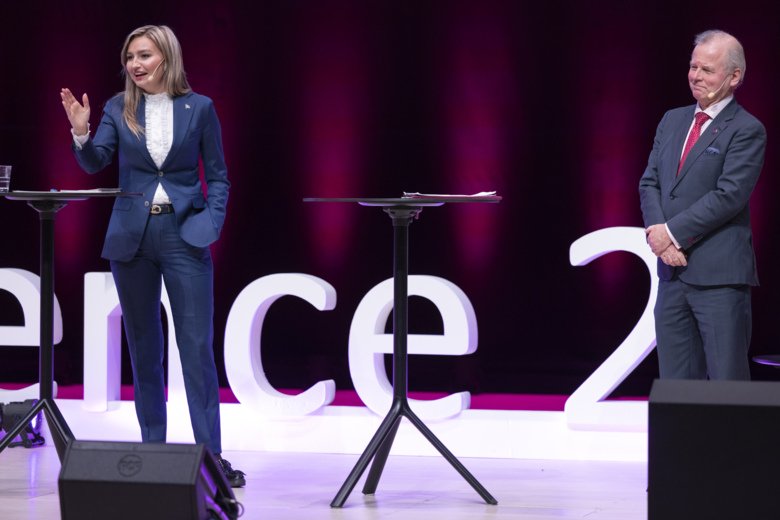Life science conference spotlights lessons from pandemic
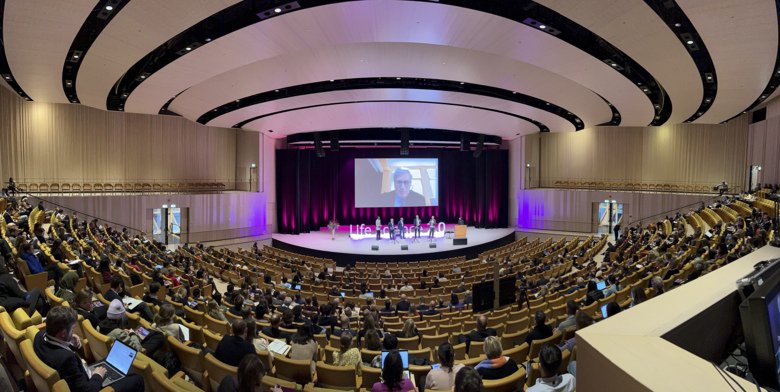
The Covid pandemic was the starting point for this year’s Stockholm Life Science Conference - Life Science 2.0 where discussions centred on both the mistakes made and lessons learned from the handling of the pandemic and the rapid development of vaccines.
KI president Ole Petter Ottersen opened the conference by emphasising the need to be better prepared with a fairer system in place ahead of the next pandemic. There then followed a programme of panel debates and talks by invited speakers.
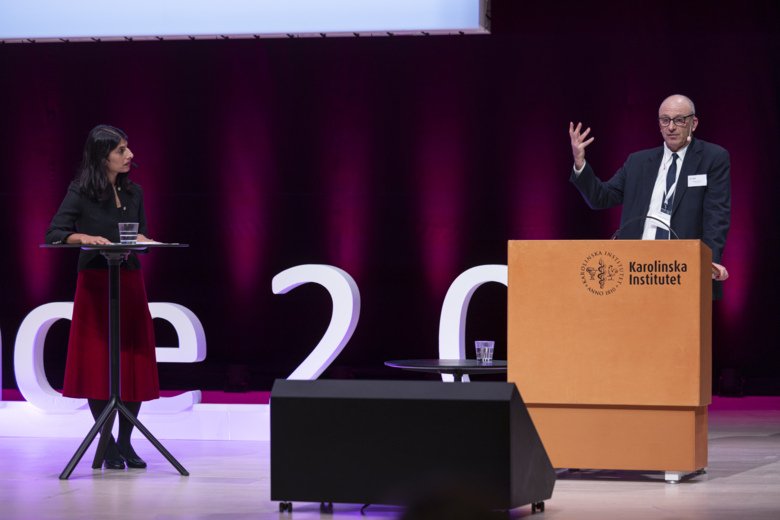
The first to address the conference was Mikael Dolsten, Chief Scientific Officer and President of Worldwide Research, Development and Medical at Pfizer, who recalled the background to the rapid development of the Comirnaty vaccine.
“Delivery of vaccines and therapeutics was the biggest hurdle. We had vaccines delivered to the remotest parts of the world, including Africa, but didn’t get them from the shelves and into the arms to protect people,” he said , stressing the value of working in multidisciplinary teams and the strength drawn from collaborating with the international scientific community. But he also noted the fact that the Covid pandemic is not over and that many challenges still remain.
Mobile vaccine production
Next up was Uğur Şahin, co-founder and CEO of Biontech, with his deeper insight into the scientific advances behind the development of the vaccine.
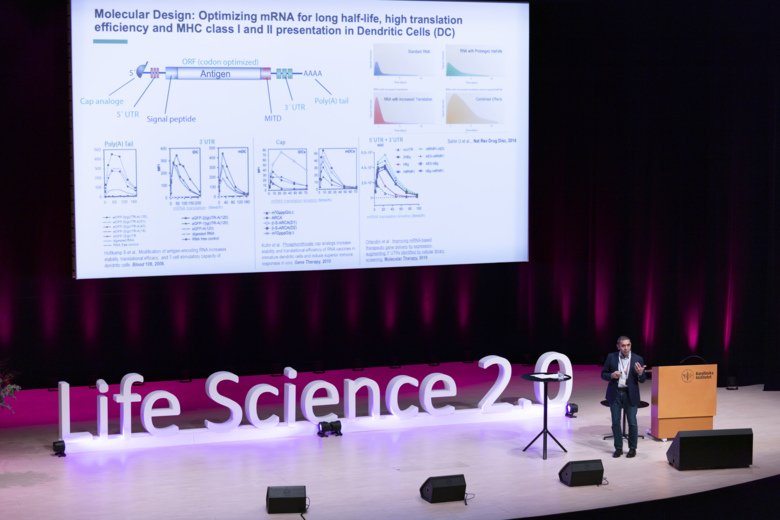
“The pandemic has shown us the power of collaboration, the power of mRNA technology and that millions of doses can be manufactured, but it also exposed the inequity in vaccine supply. And that is something that was very clear for us already in 2020 when we realized that we can not ship vaccines to everywhere,” he said.
The solution presented by the company is modular manufacturing units called Biontainers that can be set up wherever they are needed. The first unit will be placed in Kigali, Rwanda, and will be used to produce not only Covid vaccines, but other vaccines and medicines too.
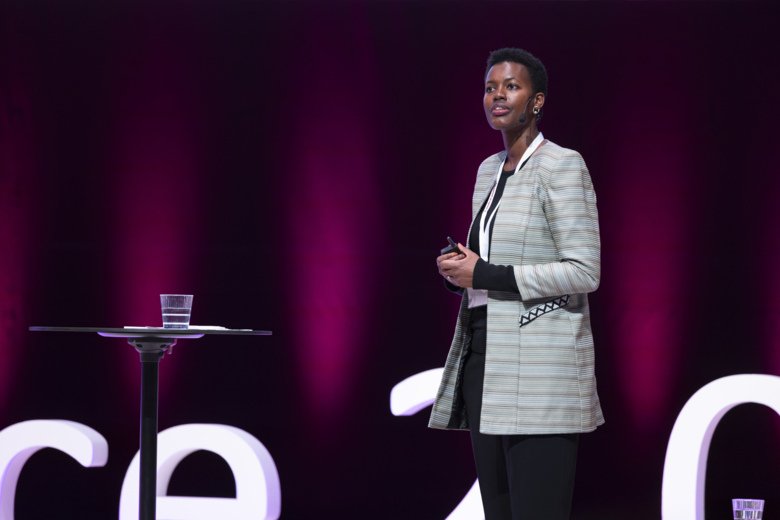
The next speaker was Noella Bigirimana, Deputy Director General at the Rwanda Biomedical Centre (RBC), who presented statistics showing inequalities in global access to vaccines.
“It’s becoming more and more clear that inequality can only be addressed in a system-wide perspective. There is a need for pillars like research and development and clinical trials and the market must be well designed to be sustainable and make sense for all involved. We also know that collaboration is needed, and it is good we have the African Medicines Agency (AMA) already established and ready.”
She also pointed to the opportunities that the AMA creates for handling future regulatory issues from a continental perspective.
The world was warned
The conference continued with a panel debate stemming from the participants’ regrets about how things were done during the pandemic. Anders Nordström, Sweden’s ambassador for global health, began by noting that even before the pandemic there was an awareness of the risks of an outbreak, but no international plan for dealing with one.
“Basically, the world was warned and the world knew what needed to change in terms of having an international system at work, including having an end-to-end platform,” he said.
The discussion also addressed the need to continue sharing research and health data to speed up research and development and to support the development of a more robust healthcare system in Africa able to engage in the research and development of more vaccines and drugs.
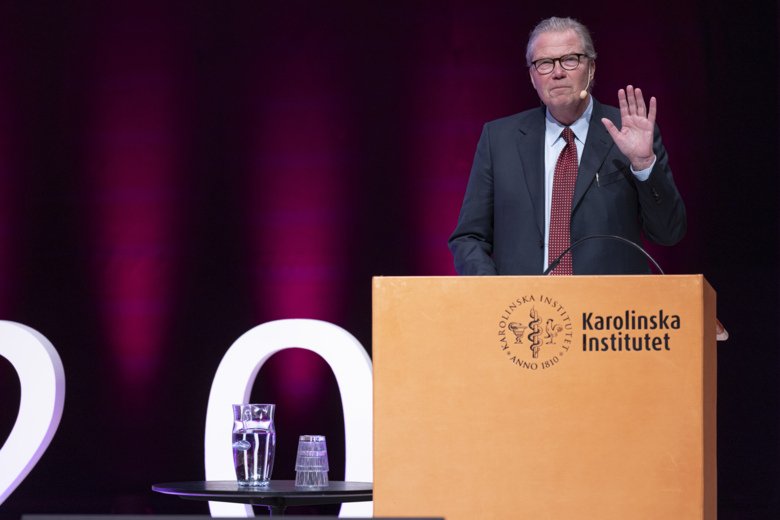
Leif Johansson, chairman of AstraZeneca, then spoke of the need for more sustainable development in the life science sector, AstraZeneca being one of the initiators of the Sustainable Markets Initiative Health Systems Task Force.
“Sustainability is one of the key things that we as leaders can not delegate,” he said.
The SMI Health Systems Taskforce initiative was launched during COP26 and includes global companies, organisations and universities, Karolinska Institutet among them.
More clinical trials
The conference continued with another two panel discussions focusing on the opportunities arising from the development of precision medicine and the need for a stronger infrastructure for more clinical trials, and on the role that the Stockholm region can play in its ambition to be one of the world’s five leading life science regions by 2025.
The closing address was given by Minister for Energy, Business and Industry Ebba Busch, who outlined how the government hopes to go about strengthening the development of the life science sector and boosting exports. Some of the proposals she raised included a new digital infrastructure initiative for sharing health data nationally, and an investigation aimed at increasing the number of clinical trials taking place in Sweden. She also invited delegates to a life science conference on precision medicine to be arranged, on June 26 at the same venue, in the course of Sweden’s presidency of the EU.
